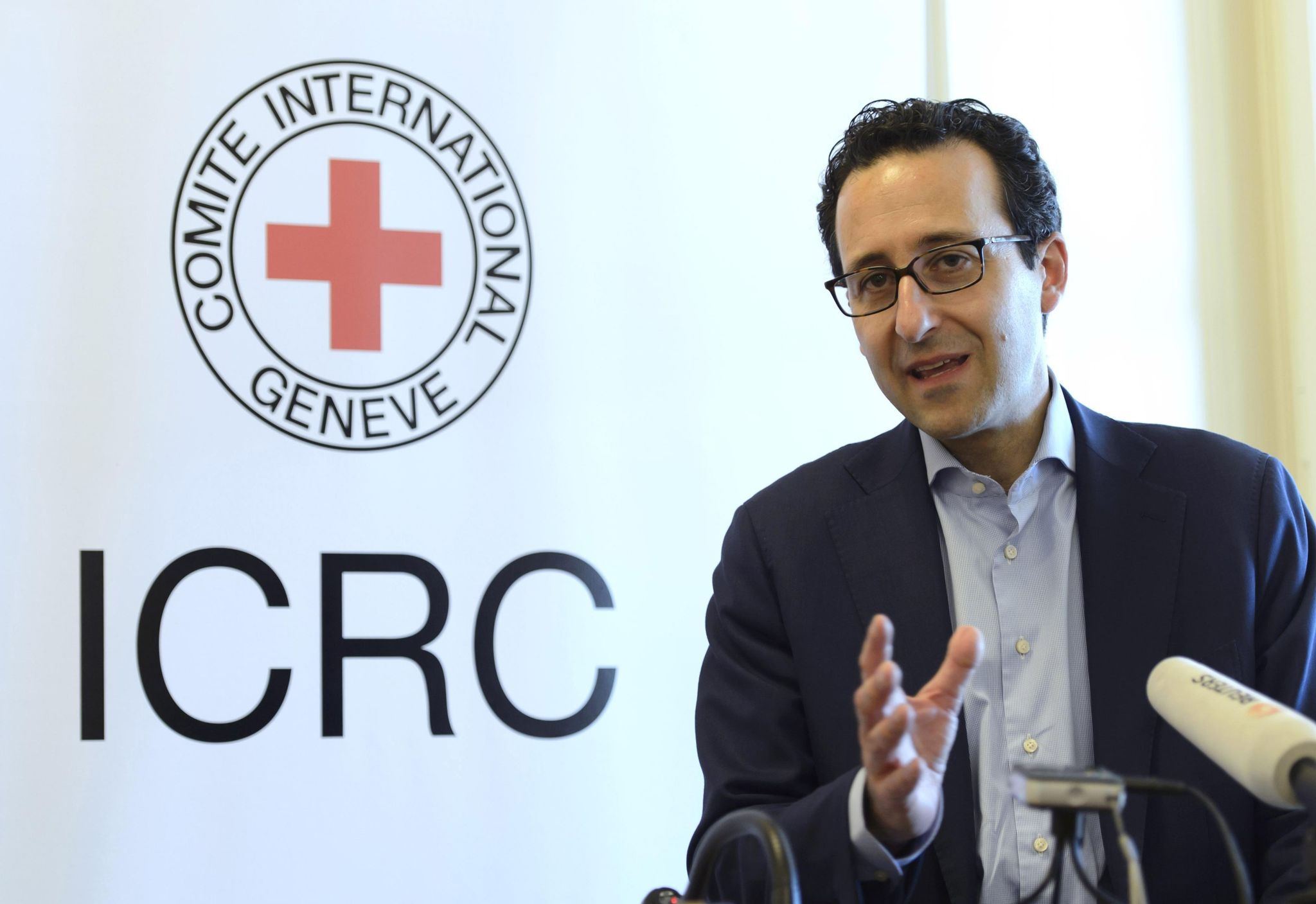
A Red Cross employee was shot and killed in the Taiz Governorate in Yemen last week, which international organizations are condemning as a targeted killing on a humanitarian aid worker.
A Red Cross employee was shot and killed in the Taiz Governorate in Yemen last week, which international organizations are condemning as a targeted killing on a humanitarian aid worker.
Hanna Lahoud, a Lebanese national, was gunned down by unknown assailants while traveling as a member and with other workers of the International Committee of the Red Cross.
He was traveling for a detention visit to check conditions and well-being of prisoners when he was attacked, the ICRCsaid in a statement. Lahoud was taken to the hospital where he died of his injuries. Other colleagues in the car were unharmed.
“We condemn this brutal and apparently deliberate attack on a dedicated humanitarian worker,” Robert Mardini, the ICRC’s Middle East director, said in a statement.
“We are all in shock. Hanna was a young man full of life and was widely known and liked. Nothing can justify Hanna’s murder and we are in deep mourning for our dear friend and colleague. Our hearts and thoughts are with Hanna’s loved ones and friends.”
Lahoud had worked for the ICRC for about eight years, the organization said. Before joining the ICRC he was a first aid volunteer and staff with the Lebanese Red Cross.
Ralph El Have, a spokesman for the ICRC, told the BBC that not all Red Cross vehicles are marked but that “everyone knows who we are.”
“… Attacks on humanitarian workers, whether they are intended towards humanitarian workers or whether they are just intended against any civilian or any person who happens to be at the wrong place or the wrong time, they continue to happen in war-torn countries,” he told the radio service.
Mr. El Have described Taiz as one of the most devastated cities and provinces in Yemen, with active fighting between different parties and individuals.
“Proliferation of arms has unfortunately come to an extent you don’t know who is an armed man or an armed person part of an organized group,” he said.
The ICRC goes to great lengths to maintain its neutrality in conflict zones, dismissing outright the idea of arming their staff or providing armed security. They’ll instead remove their aid workers for a time if they can’t guarantee their safety.
On Sunday, a spokesman for the United Nations Secretary-General issued a statement condemning the killing and emphasized that all parties to the conflict protect aid workers servicing an estimated 22 million people in the war-torn country.
Yemen is in the third year of a brutal civil war between Iranian-backed Houthi rebel extremists in the north of the country, against government forces backed by Saudi Arabia and the U.S. in the South.
The conflict has plunged the Middle East’s poorest country into the world’s worst humanitarian crisis, with three-quarters of the population needing aid and protection, according to the U.N.
At least 60 percent of the population are food insecure with 8.4 million people not knowing where their next meal is coming from.
Less than 50 percent of health facilities are functioning and 18 percent of districts have no doctors — 16 million people do not have regular access to basic healthcare.
Fifty percent of all children are stunted from lack of adequate nutrition.
A cholera outbreak has largely come under control, but at least 55 percent of the population does not have regular access to safe water and basic hygiene.






